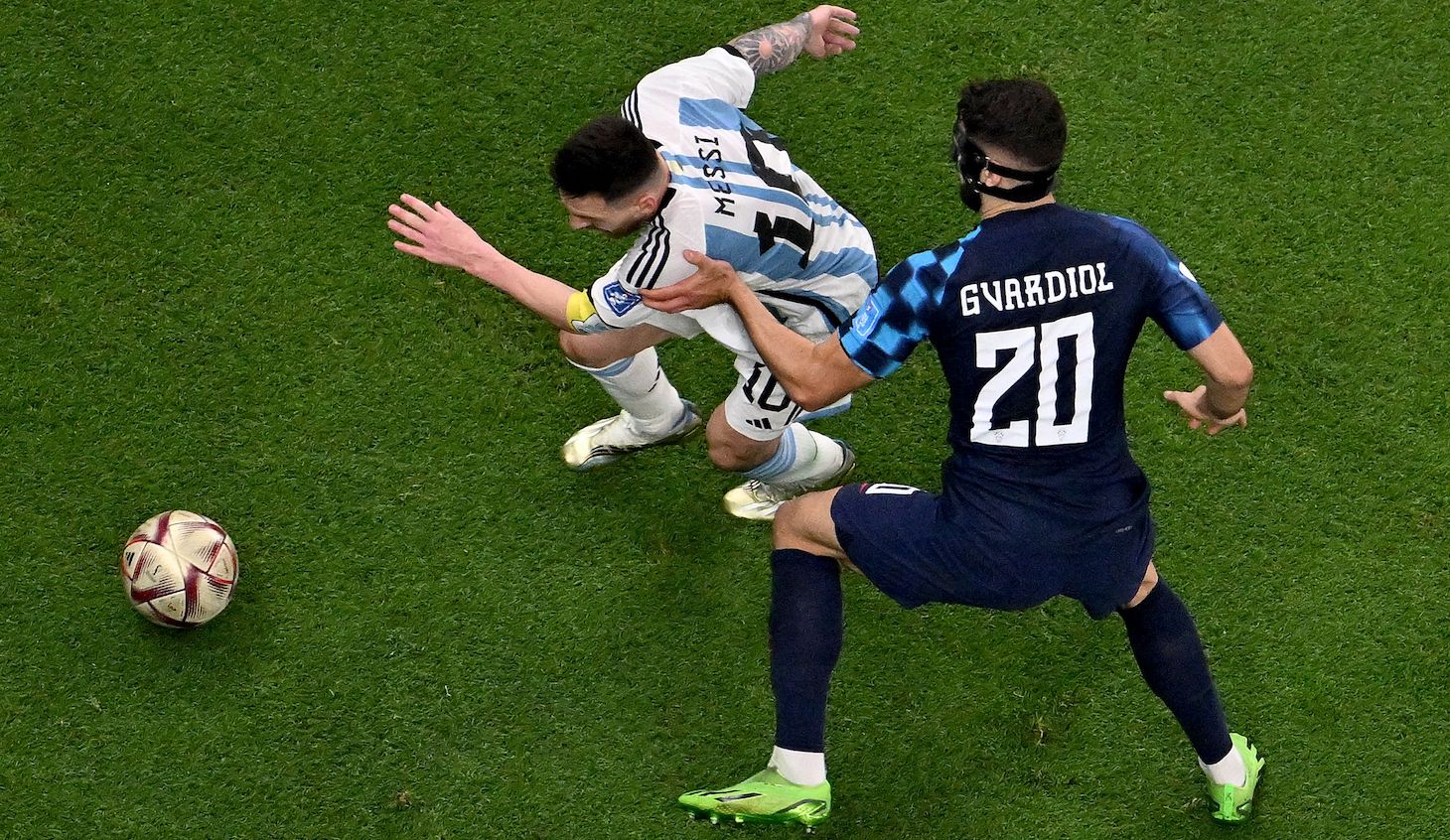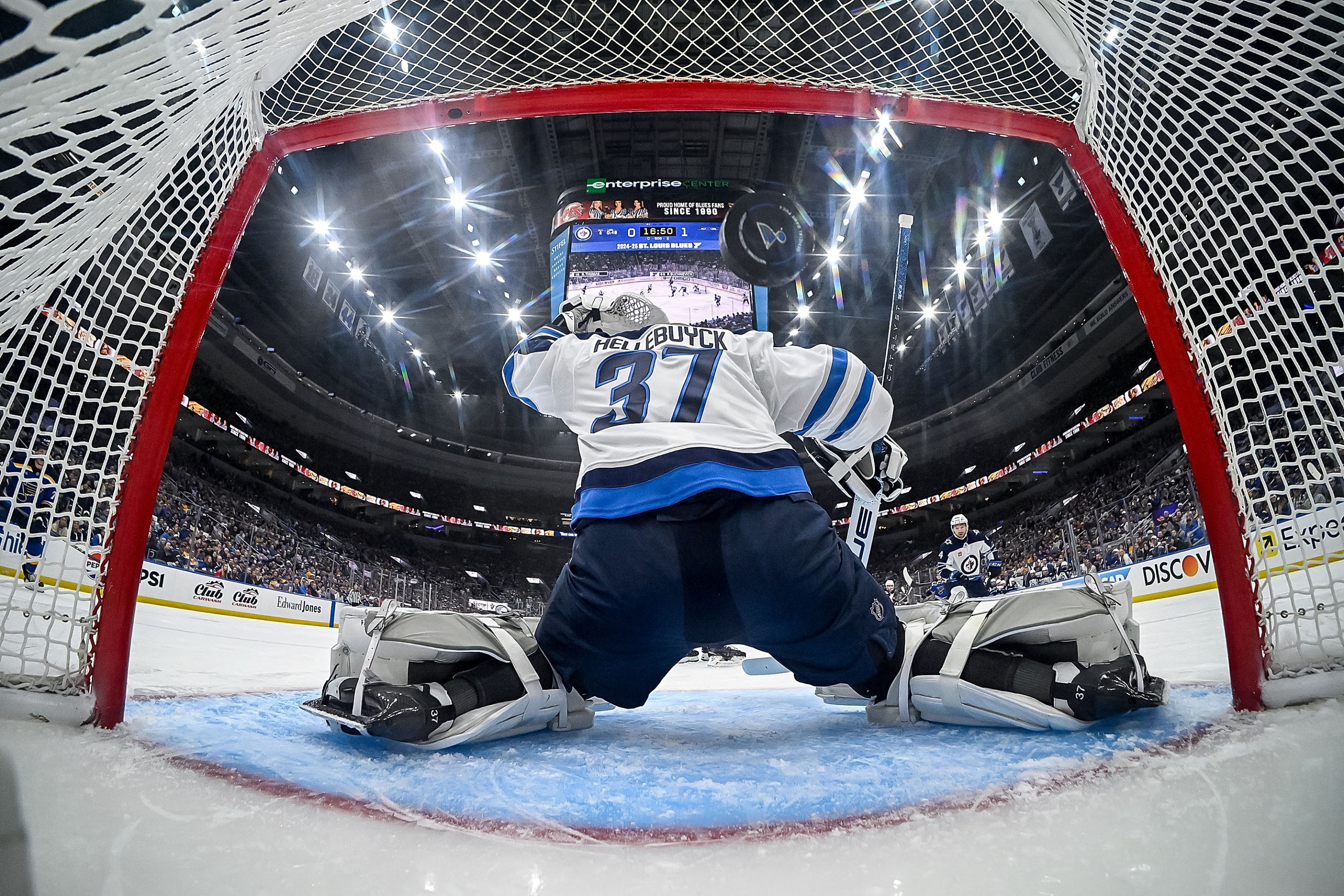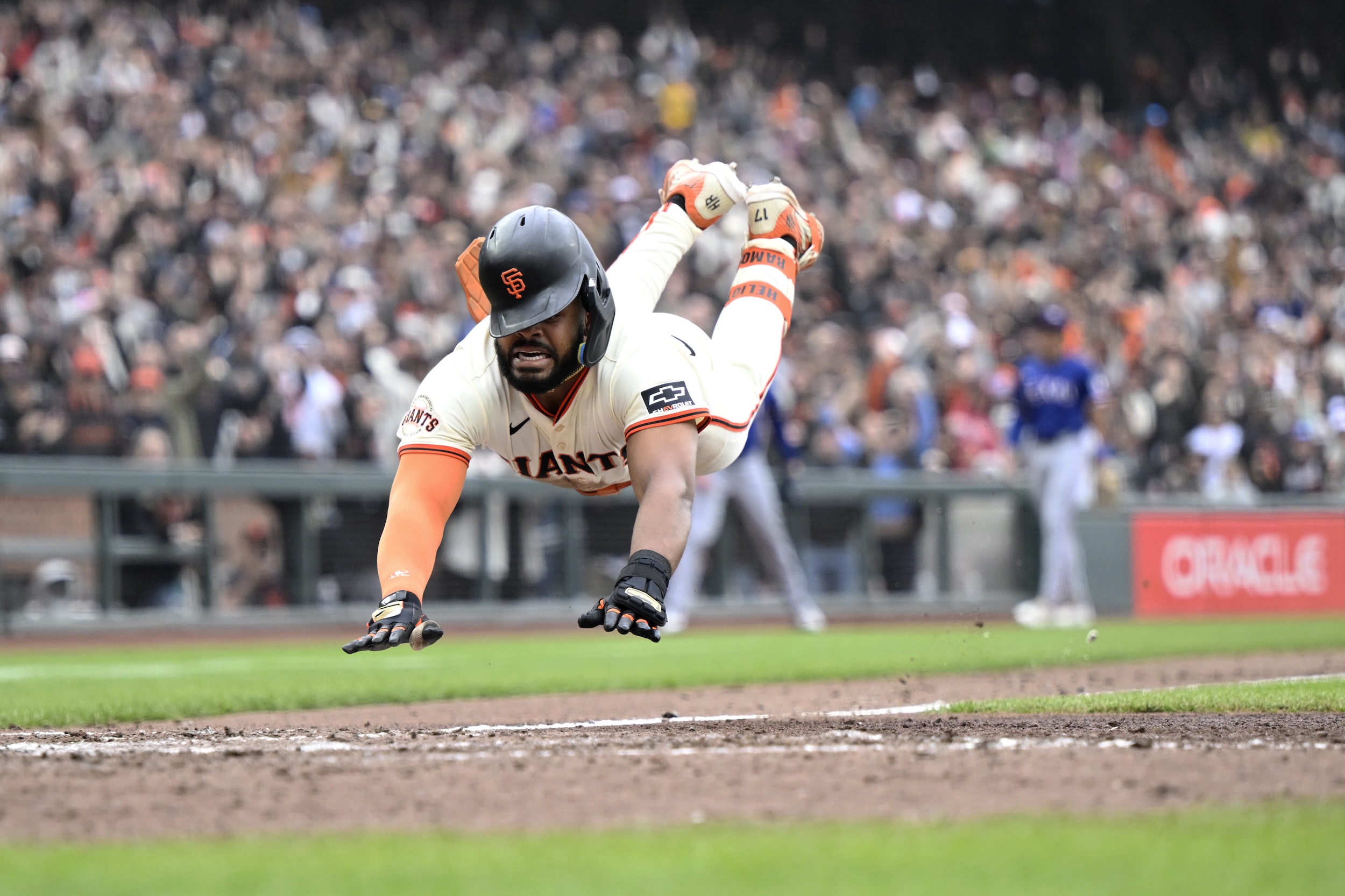There were two times during Tuesday's World Cup semifinal between Argentina and Croatia when the momentum of the match was thoroughly in favor of the Croatians. Both times came at the start of the match's two halves. Both times it was Croatia's brilliant midfield trio who had gripped the match in their hands and started to squeeze. With the game in their control, play went where the Croatian midfield wanted, when they wanted, and how they wanted. Probably for the first time since the tournament-opening debacle against Saudi Arabia, Argentina looked uncomfortable, a team built for control getting steered around by the opposition. But both stretches of Croatian ascendency were broken ruthlessly and definitively by Lionel Messi, who is the master of the moment.
It's hard to know what to say after a match like that, which, for the record, ended in a 3–0 Argentina victory. There's a sports cliche you often hear brought up in regards to a great athlete's career, that those who were lucky enough to witness said athlete "will tell their grandchildren" about them. I've always found that cliche rather silly even for an hoary chestnut (I come from a pretty sports-minded family and yet I don't think an older relative has ever placed me on the proverbial knee and regaled me with tales of some sporting great of yore), but to the extent that the saying originates from something real, I think matches like Argentina-Croatia, and performances like Messi's in it, are what reveal it.
Watching Messi—and this Messi at that, the aged version who's lost several steps but makes up for it by adding even more guile and magic to the steps he has left—size up Josko Gvardiol, a young phenom exploding into stardom with his hitherto sensational World Cup, and challenge the defender in a race, and seeing this Messi, step by stuttering step, tie the physically superior Gvardiol into an ornate knot of limbs that Messi, after threading the final loop and drawing the string, could trundle past and play the pass that sets up the match-killing, title game–ensuring goal—well, a play like that from a player like Messi has the ability to transcend the context at hand and even time itself, transporting you to something like a perspective outside of temporality in which you are fully conscious of the fact that you've just seen something you will be thinking about for the rest of your life. A moment like that unites past, present, and future—you feel like you are living a moment in history that will echo forever. I don't know if I'll actually ever sit my grandchildren down and tell them about this goal, but I do know that (inshallah) when my grandchildren are knocking around in my mind, the memory of that goal will be in there too.
JULIAN ALVAREZ AGAIN
— FOX Soccer (@FOXSoccer) December 13, 2022
THREE for Argentina 🇦🇷🔥 pic.twitter.com/Zdt4JW3EBi
Poetry in Motion ✍️😍
— FOX Soccer (@FOXSoccer) December 13, 2022
This assist by Messi was perfection 🙌 pic.twitter.com/itOy7X1WJm
by far the best video i’ve ever taken #messi pic.twitter.com/vJglh088Dr
— Connor Kalopsis (@ConnorKalopsis) December 13, 2022
The run that set up the above goal landed on the match, the tournament, the sport, and the lives of any viewer who really cares about any of those things like the asteroid that smacked into Earth and created the moon. It came just about 25 minutes after halftime, right when it felt like Croatia had weathered its 2–0 first-half deficit and once again taken control of the match. Instead of assenting to the order Croatia had imposed, possibly letting them get back into the game with a deficit-halving goal the way Australia and the Netherlands had in previous knockout-round games in this tournament, Argentina rebelled, Messi ran, and Julián Álvarez scored. Still, the run was only one of two interventions from Messi that fundamentally altered the state of Tuesday's game.
The first came after Croatia's initial spell of dominance at the start of the game. Croatia is a rare underdog that enters matches against even the best teams in the world fully expecting to dictate the ball's movement, thanks to the talents of Luka Modric and his stellar midfield squires, Mateo Kovacic and Marcelo Brozovic. Commanding the ball doesn't always mean commanding the game, but for the first half-hour of this semifinal, Croatia was in command of both. But with Croatia able to install itself deep in Argentine territory, they left room behind the defensive line for the Albiceleste to run into. In the 32nd minute, Álvarez did just that, running onto an ingeniously placed Enzo Fernández lob, sprinting clear through on goal, and getting knocked to the ground by Croatia keeper Dominik Livakovic for a penalty. And with a powerful swing of his left leg, Messi converted the penalty and changed the game.
PENALTY FOR ARGENTINA pic.twitter.com/YxqHITlE74
— FOX Soccer (@FOXSoccer) December 13, 2022
Soccer has something of a dual nature. It is on one hand a succession of play, meaning a steady flow of action that rises and falls like the tides according to the action on the field, which in aggregate reflects what's called the run of play. On the other hand, the game is also a succession of plays, meaning individual moments that can by themselves completely flip a match's trajectory. Both play and plays can contribute to the achieving of the goal—scoring a goal, duh—but the scoring of a goal itself is always a moment, something singular. This is what makes Messi such an imperial force: he is so dominant in the moments that change plays and direct the run of play that in an instant he can make any match his own, and he can do it every conceivable way, whether by shooting, passing, or dribbling.
Before Messi's penalty, Argentina looked a little lost. After his penalty, they were flying. Five minutes after the opening goal, Álvarez again went hurtling down Croatia's half of the pitch, this time with the ball at his feet the whole time, and his daring and unburdened optimism created, as they often do, the little bits of luck needed for him to double Argentina's lead. Those five minutes, the two goals, and the emotional impact of both completely reversed the feeling and flow of the match. What had been for the first 30 minutes a tight Argentine team then played with freedom and confidence, while the previously determined Croatians looked shell-shocked. To their immense credit, Croatia came out after halftime with renewed faith and determination to fight for their dream, which led to the aforementioned second strong spell. But then Messi knotted up Gvardiol and set up Álvarez, and the match as a competitive contest was obliterated. In its place was a smoking crater, a new moon that controlled the tides, and a glowing, awe-inspiring moment that testified to Messi's greatness.
Lionel Messi vs. Croatiapic.twitter.com/zDR5IDxfp2
— ً (@LSComps) December 13, 2022
For the second time in his career, Messi's Argentina will now play for the World Cup trophy. At 35 years of age, in his fifth World Cup, Messi has thus far enjoyed the best international tournament of his entire career, one that already stands as one of the best in World Cup history. In five of Argentina's six matches, Messi has scored the all-important first goal of the match, the one that delivers the scoring team from stress and heaps it on the opposition and changes everything that came before and after. In the one match he didn't score the 1–0 personally, he played the pass of the tournament. Moments like his run against Croatia, his pass against the Netherlands, his goal against Mexico, and his defiant celebration in front of Dutch manager Louis van Gaal (itself an echo of history) are indelible images forever seared into the sport's collective memory. Wednesday's semifinal between France and Morocco will determine which team will face Argentina in the final. If the opponent is France, then Argentina will enter Sunday's final as the underdogs. But soccer is a game of play and of plays, punctuated by moments that make the difference. And nobody in the history of the sport has been able to make the difference quite like Messi.






